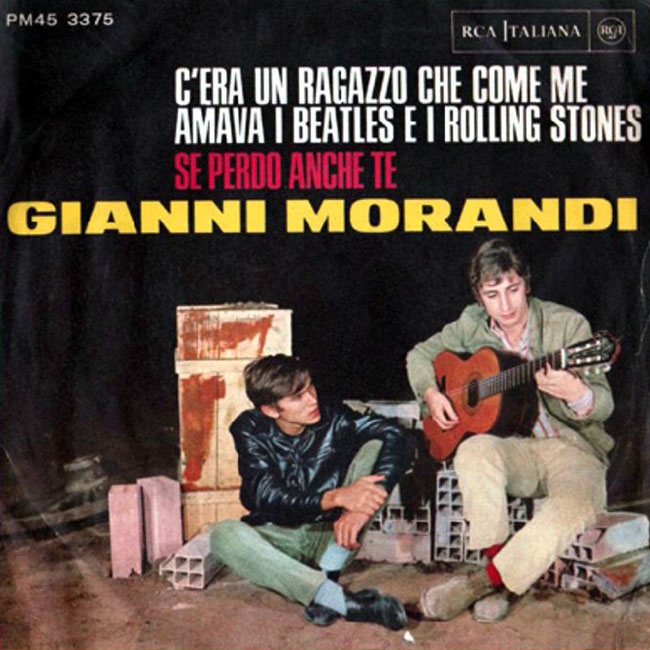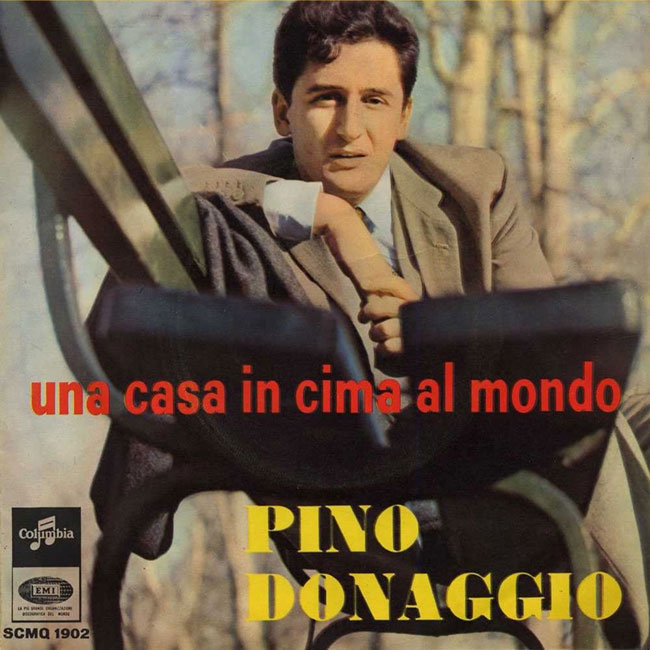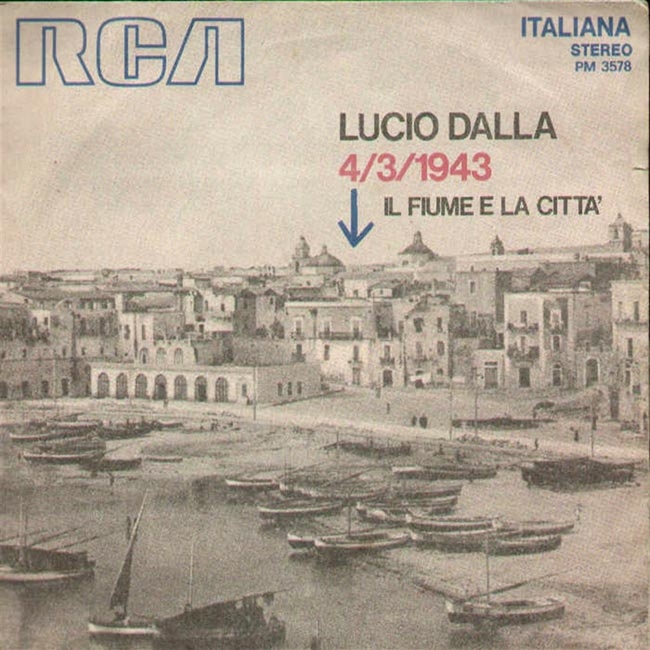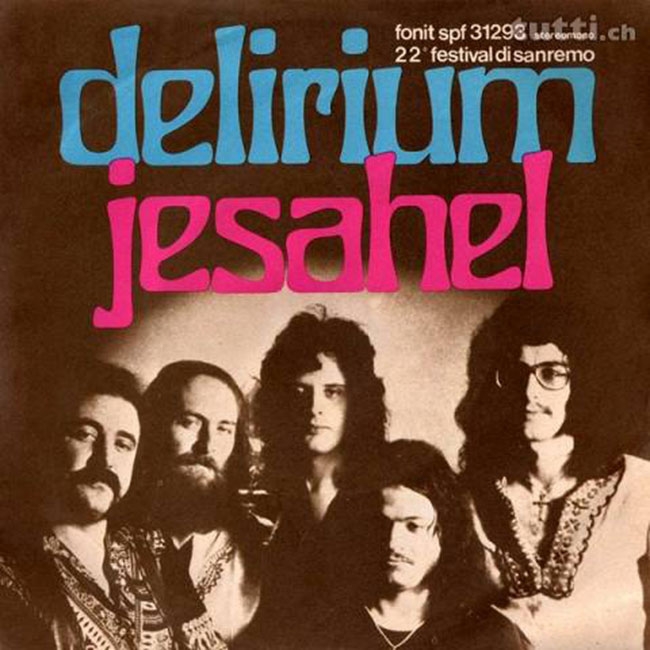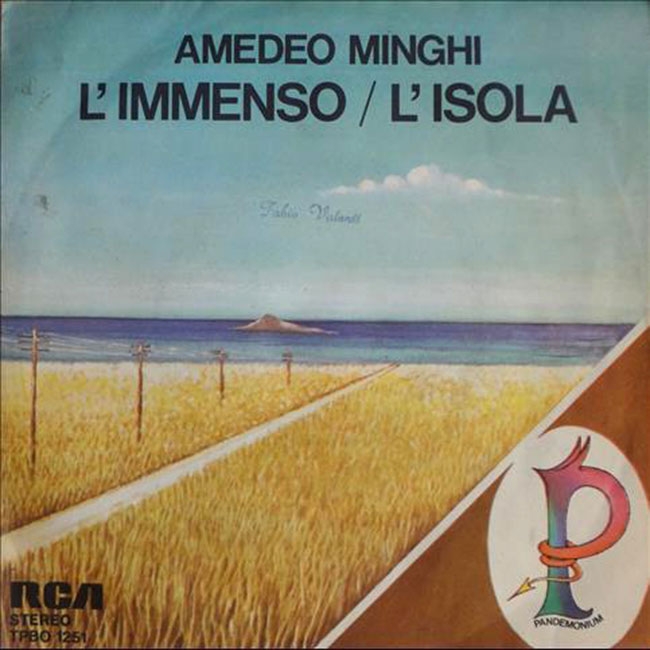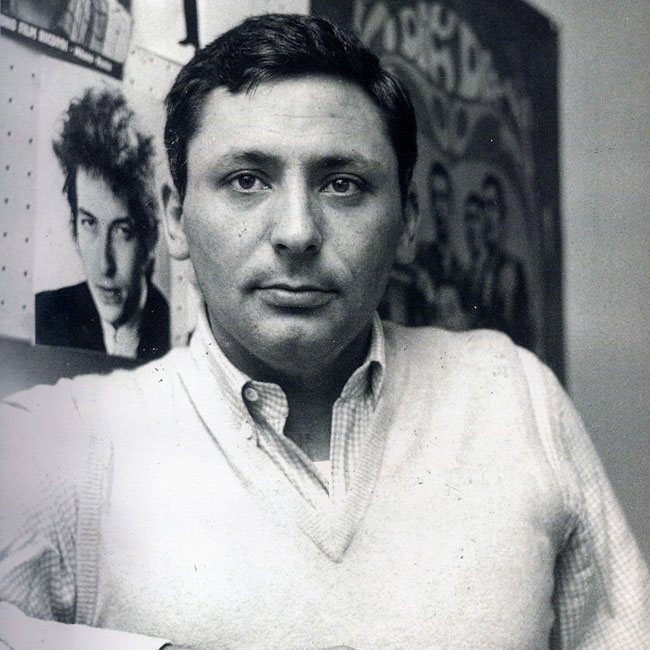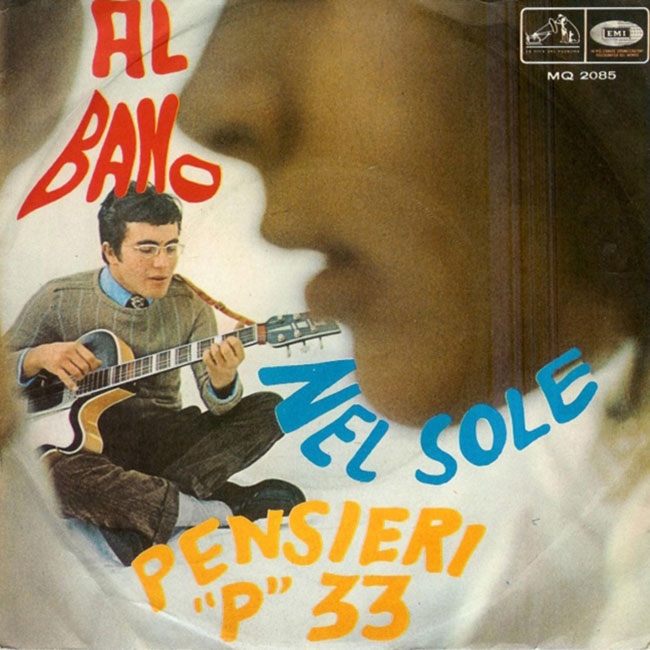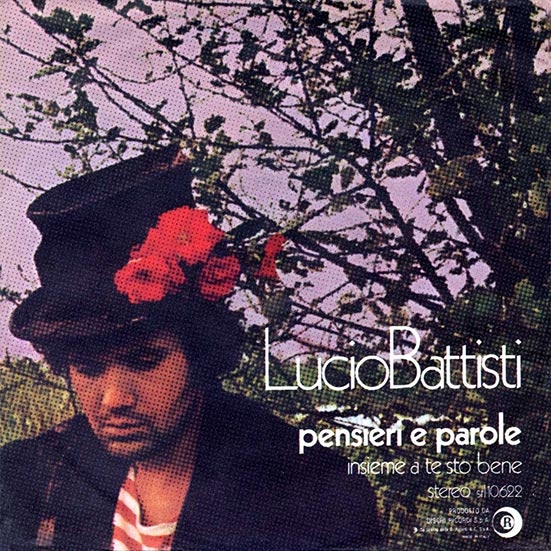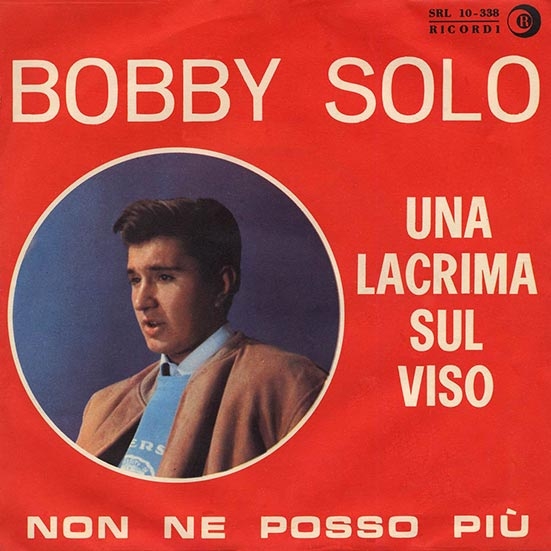Festa della musica 2020 playlist
Music day 2020
The Fête de la Musique (or Music Day) originated in France in 1982 when the French Minister of Culture Jack Lang invited both professional and amateur musicians to take to the streets of Paris to play music on June 21st, the summer solstice. The success of Music Day was so great that it became an annual event. The evocative scene of the streets of the French capital filled with people surrounded by the sounds of songs, romances, preludes, classical pieces and popular tunes made quite an impact: in 1995, in fact, it spread to other European capitals, from Athens to Madrid, Lisbon to Prague, Berlin to Rome. In Italy today, the event is sponsored by the Ministry of Cultural Heritage and Activities and Tourism.
This year’s edition of Music Day will be a particular one, as music was often what kept people together during the solitude of home confinement to contain the spread of the coronavirus pandemic. Indeed, we all well remember the moving scenes of Italians at their windows or on their balconies singing and playing “‘O sole mio”, “Azzurro”, “Nel blu dipinto di blu” or “Fratelli d’Italia”. So this playlist celebrates several of the many – the very many – songs that speak of music, that same music which sometimes discreetly enters the lives of people and then never leaves.
Antonello Venditti came up with the intriguing image of music as a ship that sails the seas toward different places and countries, with neither captains or sailors. For Amedeo Minghi, music starts off as lightning and becomes a gazelle. But is anyone really able to stop music? the Pooh wonder. As we know, music is all the musician has, in the words of Pino Daniele, especially music that helps us to forget a lover, as the New Trolls tell us.
But music is also a cry of rebellion, able to identify the distress of the young and translate it into words, as happens in the verses of Eugenio Finardi. Other singers have said that music is brotherhood: if it stops, it does so only momentarily, perhaps because it’s no longer able to be the theme song to that love affair. Yet it always begins again, slowly at first, until suddenly, as Ornella Vanoni reminds us, we find ourselves up against music that we’ll never forget.
We need to find music again and bring it back into our lives, in the hope that it will penetrate the world and put all that sadness behind us. If it doesn’t, as Ivano Fossati says, it means that it has no future: in that case, it only spins around us without helping us to climb over those walls which separate us from others.

